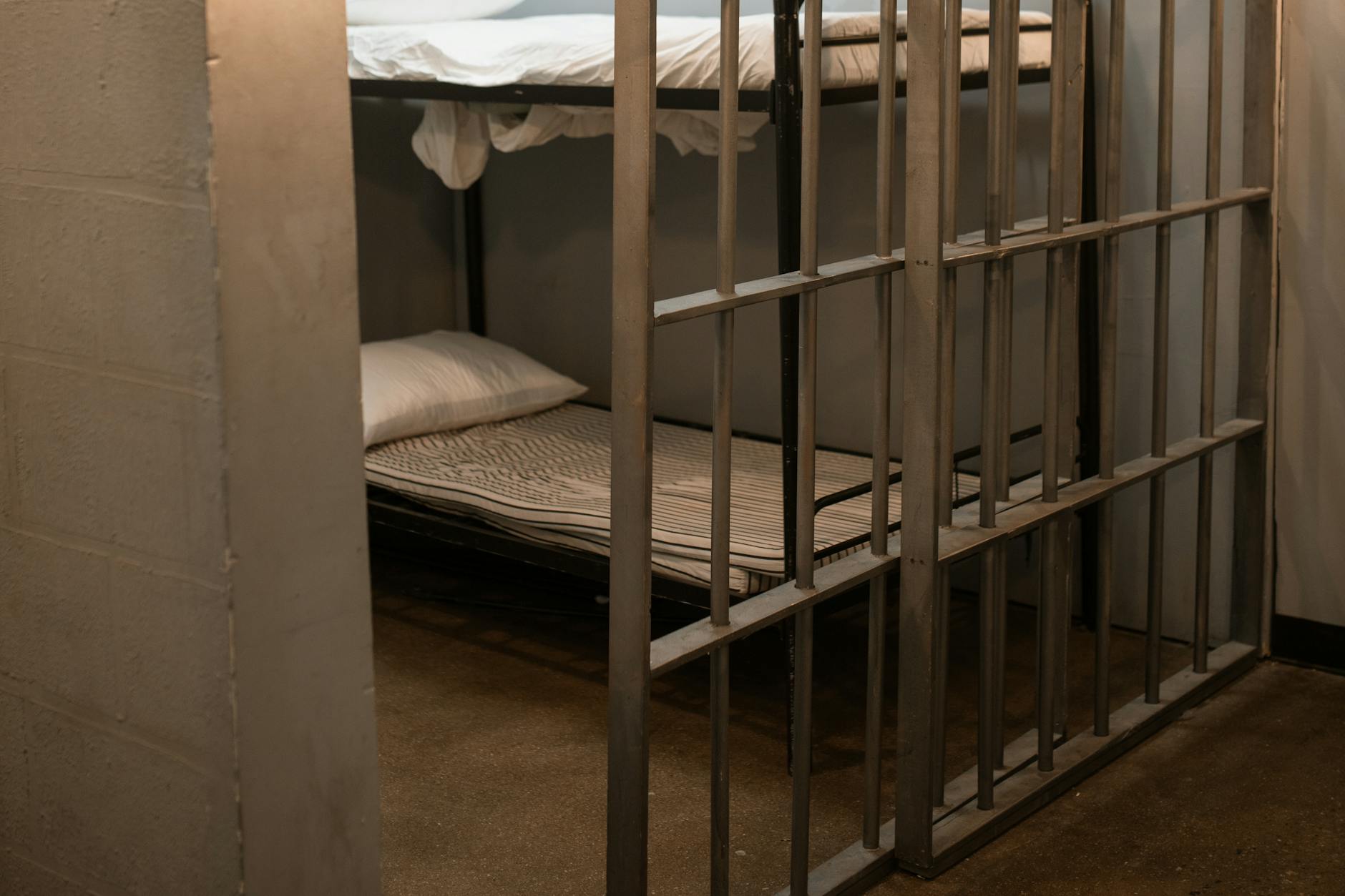By Mwebantu Editor
Copyright mwebantu

Legalising 2- and 3-Wheelers: Unlocking Zambia’s Transport Economy
By Dr. Lubinda Haabazoka
When President Hakainde Hichilema recently opened Parliament, he underscored the importance of inclusive economic growth. Transport is one of the most visible areas where inclusivity matters. Today, thousands of Zambians queue endlessly for minibuses or spend hours stuck in Lusaka’s traffic jams, while in rural districts many communities remain cut off from clinics, markets, and schools.
And yet, the solution is already around us. Motorcycles and tricycles—popularly known as 2- and 3-wheelers—are quietly transforming rural and peri-urban mobility. In provinces such as Eastern and Luapula, they are the most reliable and affordable mode of transport. The time has come to recognise this reality by legalising and regulating them nationwide.
A Tool for Inclusive Growth
At an average price of K20,000, a motorbike costs barely a third of a second-hand car. This low entry cost explains why registrations at the Road Transport and Safety Agency (RTSA) nearly doubled between 2022 and 2023. For many young people, a motorcycle is not just transport; it is a job. From courier services to informal taxis, 2- and 3-wheelers provide thousands of livelihoods.
By legalising them, government can unlock even greater opportunities: licensing, taxation, and regulation would ensure revenue collection while formalising an industry that already exists in practice. Far from being a burden, this would expand Zambia’s tax base and increase compliance with safety rules.
The Rural Lifeline
For a farmer in Chongwe or Lundazi, a motorbike is the difference between reaching the market in time or losing produce to spoilage. For a mother in a remote village, a tricycle can mean a quick trip to a clinic when a child falls ill. These are not luxuries; they are lifelines.
Our neighbours—Kenya, Uganda, Tanzania, and Rwanda—have already legalised and regulated boda-bodas and auto-rickshaws. Their success stories show that with proper rider training, licensing, and enforcement, safety risks can be managed while reaping enormous social benefits.
Reducing Congestion and Costs
In our cities, traffic congestion wastes millions of productive hours every year. Two- and three-wheelers offer flexible, quick, and low-cost transport options that reduce dependence on minibuses and taxis. They consume less fuel, take up less road space, and provide affordable fares—often half the price of car-based rides.
For low-income earners, this is a game-changer. Access to affordable mobility translates into access to jobs, schools, and healthcare. Legalising this mode of transport would therefore expand equity in urban development.
Safety Through Regulation, Not Prohibition
Critics argue that motorcycles are unsafe. They are right to worry, but banning them is not the answer. The real solution lies in proper regulation. Riders must undergo training, carry licences, and comply with mandatory helmet and reflective gear standards. Tricycles can be limited to low-density or peri-urban areas while central business districts adopt stricter rules.
Kenya’s regulatory framework provides a useful model—cooperative structures, safety equipment, and digital tracking have made boda-bodas more accountable. Zambia can adopt and improve on these best practices.
Healthcare Innovation Shows the Way
Interestingly, the Ministry of Health has already embraced tricycles for a tri-wheel ambulance project linked to a mobile app. If these vehicles can save lives in emergencies, why should they be excluded from everyday transport? This shows the mindset shift already underway in government. Legalisation would only formalise what is already being tested in innovative ways.
Economic and Social Benefits
Legalising 2- and 3-wheelers carries multiple payoffs:
Job creation: Thousands of young riders can earn sustainable incomes.
Tax revenue: Registration and licensing will bring informal operators into the formal economy.
Connectivity: Rural communities will gain reliable links to markets, schools, and clinics.
Efficiency: Urban commuters will have faster, cheaper alternatives.
This is not just a transport issue; it is an economic empowerment strategy.
The Way Forward
Zambia must not be left behind. Outdated restrictions belong to another era. Our laws should reflect today’s reality, where motorcycles and tricycles are already part of daily life. The choice before us is clear: either we keep pushing riders into illegality, or we formalise the industry, make it safer, and let it contribute to national development.
Legalising 2- and 3-wheelers is not just about mobility. It is about jobs, access, and opportunity. It is about creating a transport system that works for every Zambian, whether in Lusaka’s townships or Muchinga’s villages.
As an economist, my view is simple: legalisation will unlock a hidden transport economy and bring it into the mainstream. Zambia’s future lies not only in mega-projects and highways but also in affordable, accessible, two- and three-wheeled mobility.



